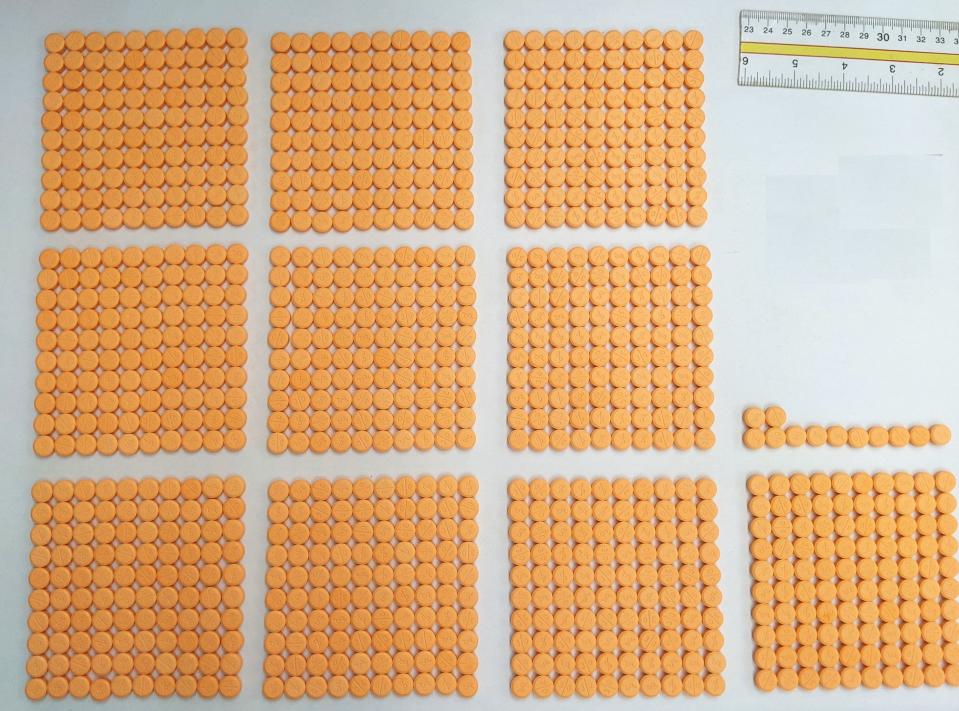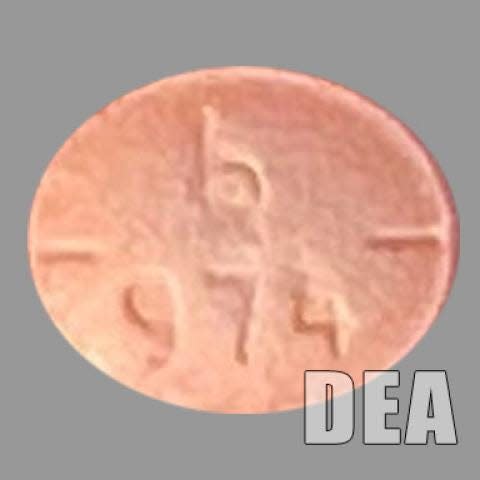Vero Beach physician: Stimulants like Adderall U.S. public health problem; why? | Opinion
Over the past couple of years our medical office has been bombarded with new evaluation requests for Adderall or similar stimulant medication.
We have chosen to require a thorough psychiatric or psychological evaluation prior to beginning these medications when medically indicated. We are carefully weeding out the continued appropriate use in individuals who have been appropriately evaluated prior to seeking our medical care and often times denying requests to continue the prescribing of these medications when the individual simply has an amphetamine addiction without any basis of psychiatric pathology.
This challenge has become so time-consuming to our staff that I and two of my colleagues, William Yvorchuk and Sang-Wahn Koo, both medical doctors, wrote a book to serve as a public health alert regarding the unintended consequences of stimulant prescription: “Don’t Take Away My Adderall.” This is not a medical textbook, but rather a very readable opportunity for anyone wanting an education about the dangers of using amphetamine medications when no true psychiatric indications exist.
Anyone consuming national media has been led to believe there is a crisis in the United States regarding the obtaining of Adderall medication. This also is the perception in the Vero Beach community. As a practicing psychiatrist and member of the faculty of the University of Florida, I have a number of patients as do my colleagues at our center who find it difficult to fill prescriptions for Adderall, and so alternate stimulant medications must be prescribed such as Vyvanse, Concerta or Ritalin.

The greater population is being led to believe this is a crisis as the supply of stimulant medication is not meeting the demand due to pharmaceutical companies being overwhelmed by prescriptions, and thus not being able to make it fast enough.
The primary reason for prescribing stimulant medication is for its paradoxical effect in youngsters who suffer attention deficit hyperactivity disorder and adults who suffer attention deficit disorder. In both children and adults who suffer these psychiatric illnesses, stimulant medication is truly life-changing as children and adults are now able to adequately concentrate, focus and complete tasks comparable to their peers.
The Adderall crisis, however, is beyond the issue of supply and demand, as patients, both children and adults, are being placed on stimulant medication without thorough diagnostic efforts. Prescriptions are cavalierly handed out to anyone wanting these highly addictive medications to improve performance.
College students use stimulant medication to pull all-nighters. Adults use stimulant medication to advance in their rise up the corporate ladder. And many simply use stimulant medication because amphetamine derivatives make them feel good.

Hard data underscores the fact that the United States represents 5% of the world’s population while amphetamine prescriptions written in the United States account for approximately 90% of the world's use of amphetamines.
My wife and I recently returned from a trip to Norway and Finland to chase the aurora borealis. In talking with Norwegians and Finns during our time abroad it became increasingly clear to us that non-Americans regard the ADD and ADHD diagnoses as simply an American disease. This reality was eye opening as the prevalence of this pathology has been so ingrained in our culture that challenging its very existence was a bit rattling. On the other hand, overprescription of amphetamine-type medications are certainly not a problem in Scandinavia.
Unfortunately, in our culture we are conditioned to turn to pharmaceuticals for every challenge life entails. The public demands acute chemical intervention from the medical system for what are known to be very chronic illnesses. Such is the demand for immediate gratification regardless of the potentially very hazardous and even life-threatening consequences of stimulant usage.
Stimulant medication is not indicated for emotional well-being or performance enhancement. Stimulants are also not indicated in the older population as diagnosable ADHD or ADD does not spontaneously arise in the 60+ age bracket.
The growth of stimulant use has exploded of late and the serious cardiovascular risks are beginning to be documented by caregivers.
This is a public health problem. Making such a bold claim is supported by the three physician authors of this text who have a combined total of more than 80 years of clinical experience in the daily treatment of children, adolescents and adults suffering real ADHD and ADD as well as addressing those caught up in the spectrum of addiction misuse.
You can read about the problem in detail; our book is available at the Vero Beach Book Center. Digesting its contents may be life-saving.
Dr. Wayne Lewis Creelman is medical director of the University of Florida Center for Psychiatry, Addiction and Pain Medicine in Vero Beach.
This article originally appeared on Treasure Coast Newspapers: Vero Beach physician: Stimulants like Adderall public health problem

